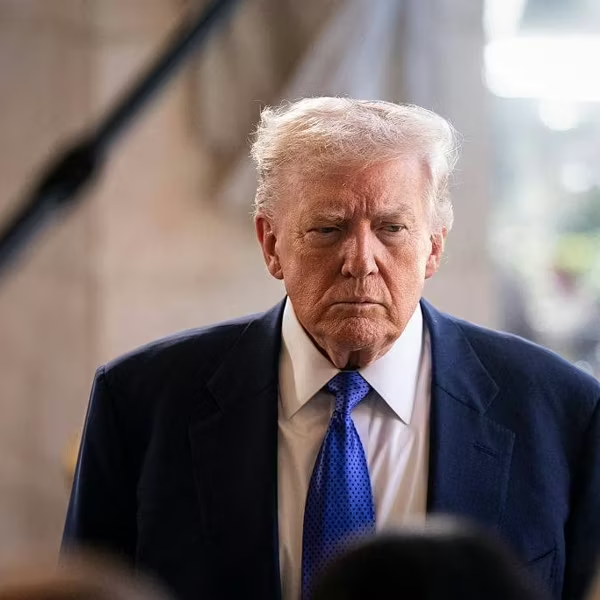No governor in the long history of Wisconsin has been more disrespectful of the state's rich democratic traditions than Scott Walker, the political careerist who since taking office in 2011 has worked to make it easier for billionaires to buy elections and harder for voters to cast ballots in them.
Nothing Walker has done up until now has been so aggressively anti-democratic as his refusal to hold special elections to fill vacant seats in the state legislature.
But nothing Walker has done up until now has been so aggressively anti-democratic as his refusal to hold special elections to fill vacant seats in the state legislature. The Capital Times began raising the alarm about this in January, and now it is drawing national attention--and a significant legal intervention.
Former U.S. Attorney General Eric Holder and the National Democratic Redistricting Committee announced Monday that the NDRC's affiliate, the National Redistricting Foundation, would file suit in the Circuit Court of Dane County on behalf of voters in the two disenfranchised districts.
"Governor Scott Walker's refusal to hold special elections is an affront to representative democracy," declared Holder. "Forcing citizens to go more than a year without representation in the [legislature] is a plain violation of their rights and we're hopeful the court will act quickly to order the governor to hold elections."
With Marc Elias, one of the nation's most prominent legal experts on elections, serving as a member of the foundation's legal team, this challenge has the potential to send a vital signal to those who would mangle democracy in Wisconsin and other states.
Walker is one of a number of Republican governors who this year have refused to call special elections for legislative seats that their party might lose. Their fear is understandable, as Democrats have grabbed more than three dozen Republican seats in special elections since Donald Trump took office.
Walker is one of a number of Republican governors who this year have refused to call special elections for legislative seats that their party might lose.
Walker--who was stung in January of this year by a special-election result that saw what was thought to be a safe Republican state Senate seat in western Wisconsin go to a Democrat--appointed Republican state Sen. Frank Lasee and Republican state Rep. Keith Ripp to posts in his administration last December. Since then, he has stubbornly refused to call special elections to fill the seats--arguing that voters should not be given a say until the regularly scheduled election in November.
Wisconsin statutes say that vacant legislative seats "shall be filled as promptly as possible by special election." Walker's apologists tried initially to claim that he had leeway because of statute language regarding the close of the regular floor period of the .egislature and special sessions, but those arguments crumbled as the legislature has continued to meet and act on major welfare reform and criminal justice reform issues.
The governor's recalcitrance threatens to leave almost 230,000 Wisconsinites unrepresented for the better part of a year.
His attempt to play politics with representative democracy could well be undone by the courts.
And Walker's not alone in denying democracy. Republican governors of the swing states of Michigan and Florida are also refusing to call special elections for legislative seats, and for a U.S. House seat in Michigan.
Wisconsin Senate Minority Leader Jennifer Shilling, D-La Crosse, complained: "Governor Walker is running scared and is playing politics with people's right to be represented in the state Capitol."
Now, however, Walker has another reason to be running scared. His attempt to play politics with representative democracy could well be undone by the courts.




